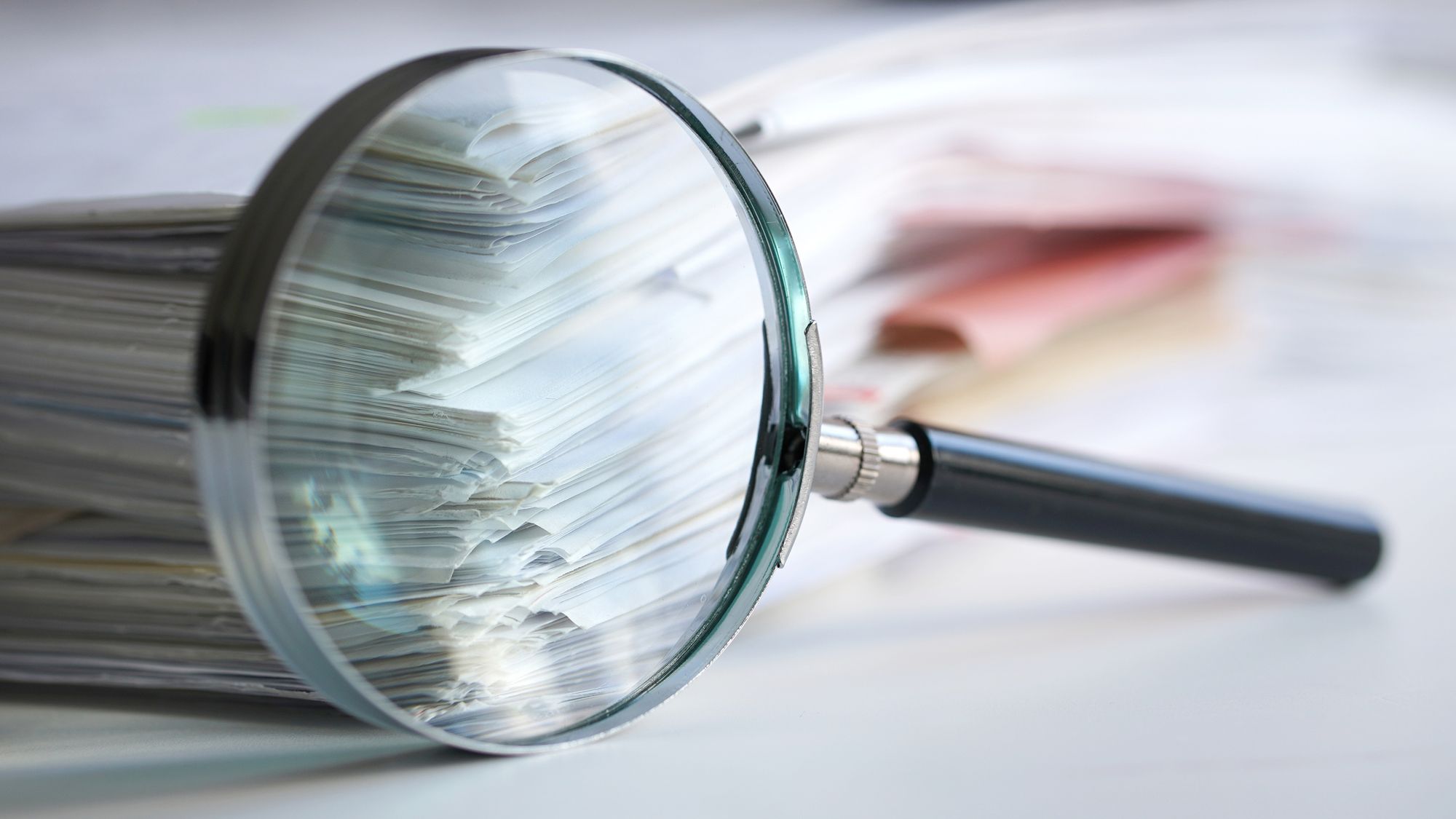Craig Johnson
Cameras Are Tracking You and Your Car
Technology to match you, your license plate, and everywhere you drive is spreading faster than most states can protect privacy.

In recent years, parking enforcement officers and police on patrol have used cameras and software to scan license plates passing by. This is a tremendous improvement on the old method of looking up plates, which you can see on reruns of the TV cop show Adam-12. Officers used to mount "hot sheets," a printed list of license plate numbers, on their dash, complete with a reading lamp for night patrols. On the list were the plates of stolen or suspicious cars. Officers referenced it everywhere they drove.
Today a camera and a computer can look up all plates almost instantly while the officer, likely to be patrolling alone these days, keeps his or her eyes on the road. Automated License Plate Recognition (ALPR) systems consists of vehicle-mounted cameras that feed real-time images to a computer inside the vehicle.
The software can be set with flags to alert the officers when the cameras spot a vehicle for any number of reasons, including:
- Stolen vehicle
- Wanted for an Amber Alert
- Registration expired
- Insurance expired
Wanted as person of interest for any investigation
Captured license plates are cross-referenced with DMV records to match people to their vehicles, turning the ALPR systems into a way of surveilling the populace, not merely scanning for stolen cars. These systems can capture thousands of license plates per hour, and they never get tired; they never take a coffee break.
The convenience of automated scanning is undeniable, and naturally it has caught on from department to department. In addition to patrol cars, cameras are rapidly being mounted to road signs and traffic signals across the country.
And now, what started as an excellent law enforcement tool has gone private, and for a price.
Where You Drive Is Another Piece of Sellable Data
Even though 99% of the people captured into plate-reading databases are innocent per NBC News, there's money to be made recording who drives where and when. Data broker TLO offers clients a database of 1 billion records collected by license plate scanners. Your plate is one record, your model car another, your GPS location yet another.

Especially troubling is that photos of your whole car are collected as well and you might be identifiable in them. The NBC report told us that when Mike Katz-Lacabe requested public records pertaining to his license plate, he received 112 pictures, one of which showed him and his minor daughters exiting the vehicle in front of their home.
Vehicle-surveillance companies have argued in court that they have a First Amendment right to photograph objects in public, and your car is an object in public. That they can blend this data with other personal data to increase its value before selling it to, say, political consultants or marketers in ways the public didn't expect does not, they argue, make taking the pictures illegal in the first place. And if they can take one picture legally, they can take a million.
Is Your Driving Information Protected in Any Way?
Attorneys and privacy advocates have been drawing attention to the slippery slope of ALPR for years, noting that data lives forever and could be accessed or bought for nefarious purposes. State legislatures have taken up the issue, such as by restricting the use of these systems to law enforcement, outlawing retention of the data past a certain time, or both.
At least 16 states have statutes that expressly address the use of ALPR and the data those systems collect. Here are some examples. In Arkansas, only law enforcement can use ALPR, and even then the data must be erased after 150 days. The California Highway Patrol must erase the data after 60 days, unless it is being used in a felony case. The most severe expiration date is imposed in New Hampshire, where photos can exist in ALPR systems for a mere three minutes unless they trigger a law enforcement flag.
“A Mancos, Colorado, marshal asked coworkers to run license plate checks for every white pickup truck they saw because his girlfriend was seeing a man who drove a white pickup, an investigative report shows.”
—Associated Press, "Across U.S., Police Officers Abuse Confidential Databases"
Keeping law-abiding citizens out of giant, ever-growing databases that track everywhere they drive is important because data that only the police can see today could escape into the wild tomorrow. When even major financial institutions (Equifax, CitiGroup, First American Financial Corp.) can't fully protect their data from theft, confidence is low that driver data can be kept for police eyes only. So it's good that some states require your info to be erased after a short period. Furthermore, California made it so that if ALPR data is breached, the affected individuals must be notified, same as with financial breaches.
Where This Leaves Us
"Whatever happened to privacy!" Well, when we are out in public, as the courts have repeatedly ruled, we have no privacy. Any person can snap a picture of your car parked outside a gentleman's club or a family planning clinic. But until recently, our chances of traveling undetected were high, so we didn’t worry about it. Nobody was trailing us; nobody cared enough about where we went to take our picture.
Today our chances of driving around undetected have shrunk tremendously—some would say our chances are nil. Technology makes it tantalizingly easy to collect data now and ask questions later. And technology is everywhere. Think about it: If the cameras on patrol cars and road signs don't record you, your phone knows everywhere you drive anyway. But we are not defenseless. We can keep passing and strengthening state laws that prevent law-abiding citizens from blanket surveillance.
Search Anyone Free



